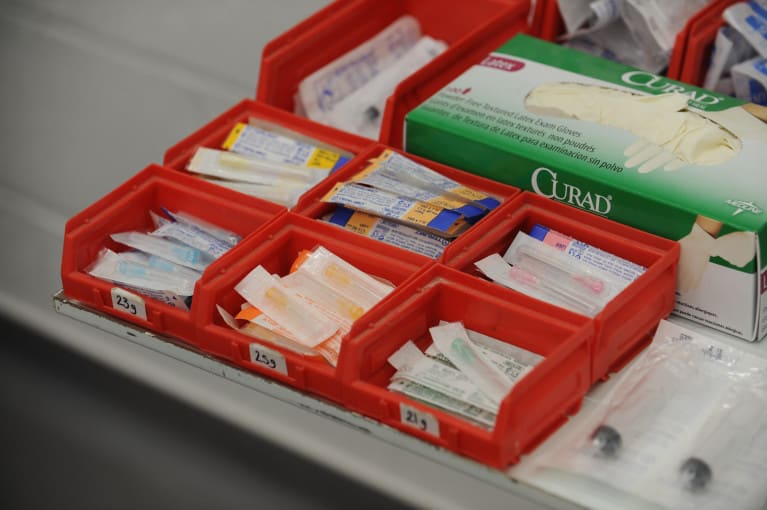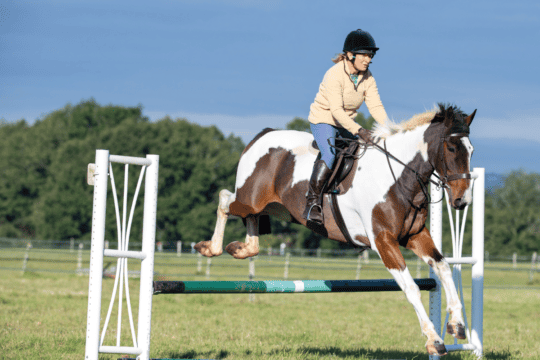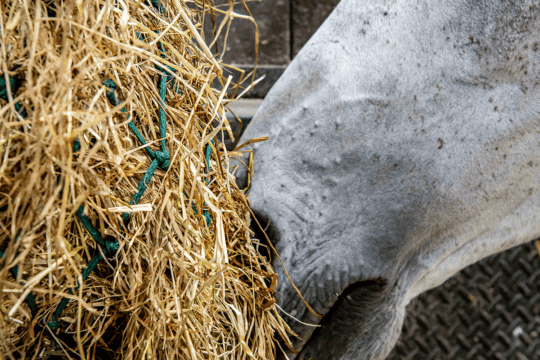Q: Please could you tell me which vaccinations should be given to a horse? Also, can you tell me how often are they needed?

Deidre Carson answers:
Vaccines are biological products used to stimulate some immunity to a disease. They do this by mimicking the disease agent (usually a virus, a bacteria or a bacterial product) and making the body think that it has been infected, so that it mounts an immune response.
This response is usually in the form of antibodies, although there will also be a response at cell level (CMI).
The process works because the cell retains a ‘memory’ of the disease agent, and is able to respond more quickly and effectively to infection.
Most vaccines require two initial doses a few weeks apart to establish a good level of protection. The need for further vaccination and the frequency of these depend on the vaccine and the disease being vaccinated against.
When, what, why
The common vaccines used in the horse are for…
Tetanus
Initially, two injections, given four weeks apart. Boosters are usually given every 18 to 24 months.
All horses should receive this protection, as tetanus is widespread, difficult to treat and can enter the body through any puncture wound or deep cut.
Equine Influenza
This is a highly contagious, although rarely fatal, disease. It can cause severe illness, especially in very young horses. An outbreak can severely curtail training and competition activities.
The initial course is two injections given approximately four weeks apart, with the first booster given at six months, then annually or as directed by the manufacturer.
The FEI now insists on six-monthly boosters, regardless of vaccine used, and some racehorse training yards also vaccinate every six months.
Equine herpes viruses 1 and 4
These are also highly contagious infections. In addition to causing respiratory disease, EHV-1 can also cause abortion (as can EHV-4 occasionally).
Vaccination against this is less common than influenza, because there is no Jockey Club or FEI requirement for it. The initial course is two injections four to six weeks apart.
Annual or more frequent boosters are needed. To help reduce risk of abortion, injections must be given at five, seven and nine months of pregnancy.
Rotavirus
Vaccination against rotavirus is carried out to help prevent diarrhoea and ulcer formation in young foals. Mares are vaccinated at eight, nine and 10 months of pregnancy.















